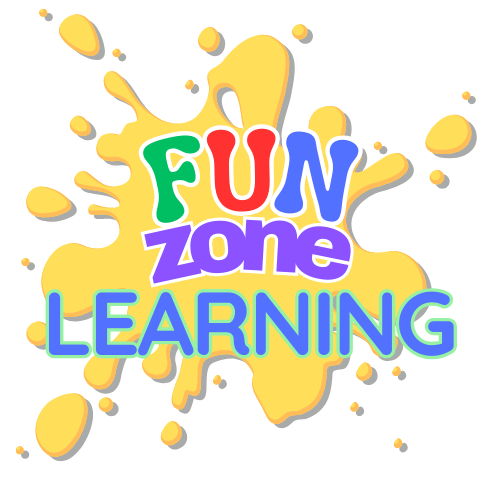
Understanding Money Management
Monopoly, the beloved board game, is more than just a pastime for elementary school children; it’s a tool for teaching invaluable life lessons. Through the gameplay, children learn the basics of money management. They are introduced to the concepts of buying, selling, and investing, which can foster early financial literacy. As kids navigate the board, they decide how to allocate their resources wisely.
Strategic Thinking and Planning
Another critical skill that Monopoly imparts is strategic thinking. Players must develop plans to outmaneuver their opponents, decide when to trade properties, and when to save or spend their money. This experience encourages young minds to think critically about their decisions, evaluating risks and rewards. By predicting others’ actions, children practice foreseeing the consequences of their choices.
Social Skills and Negotiation
Playing Monopoly also enhances children’s social skills. They engage in negotiations, learning how to communicate effectively with their peers. This interaction teaches the value of cooperation, as well as the importance of assertiveness in bargaining. Such skills are not just applicable in the game; they carry over into everyday situations, preparing children for future interactions.
In conclusion, Monopoly serves as an entertaining yet educational experience for elementary school children. Through money management, strategic planning, and social interaction, kids are not only having fun but also acquiring essential life skills that will benefit them in various aspects of their lives.





